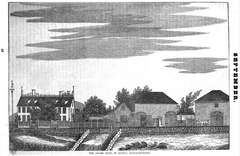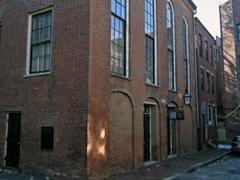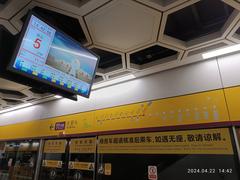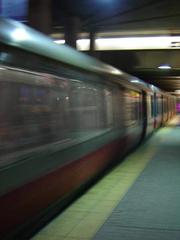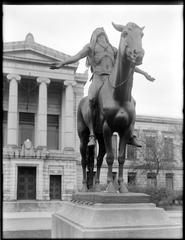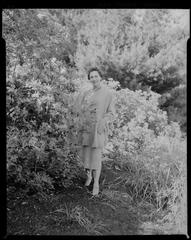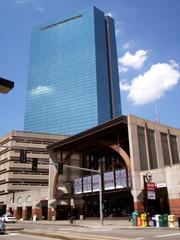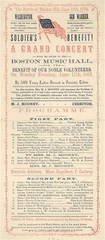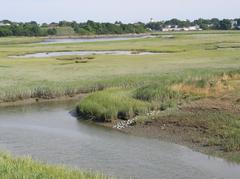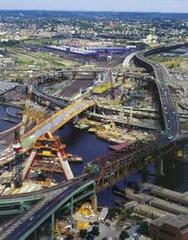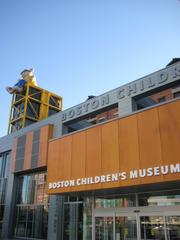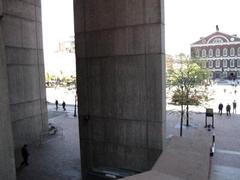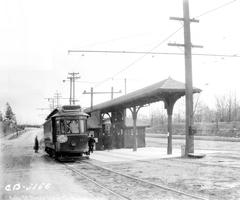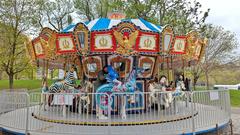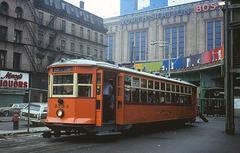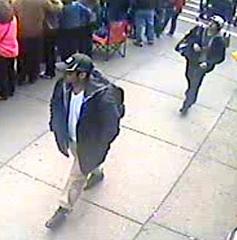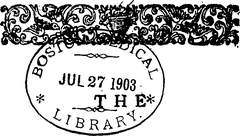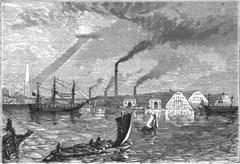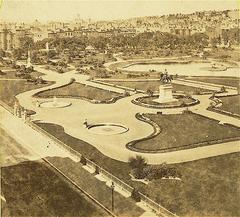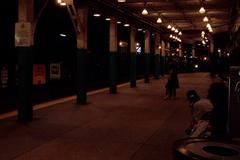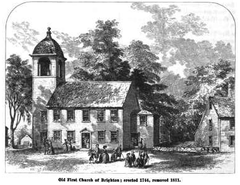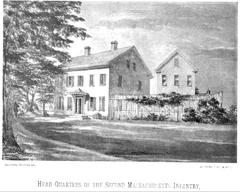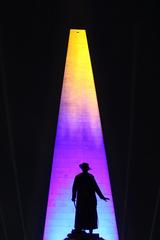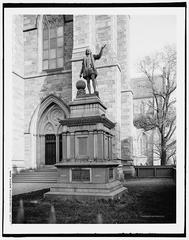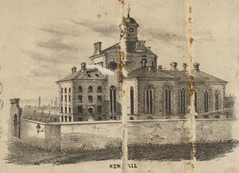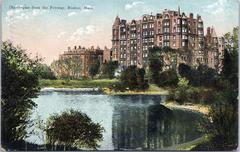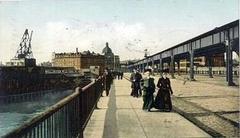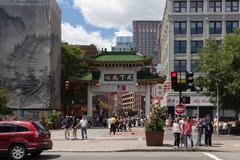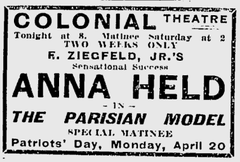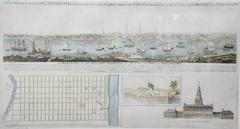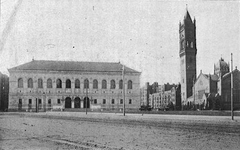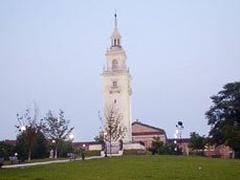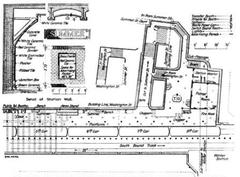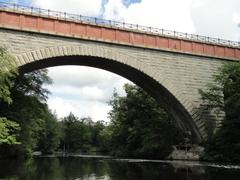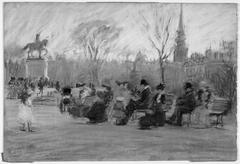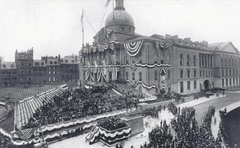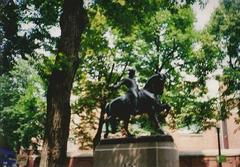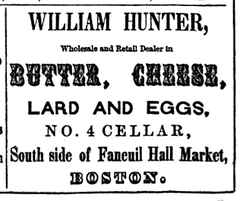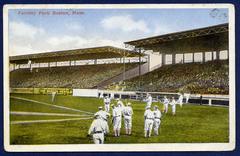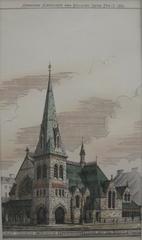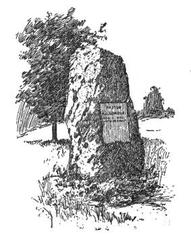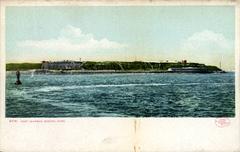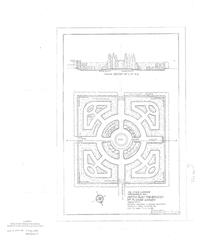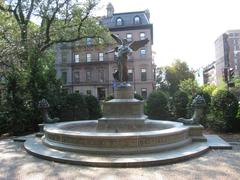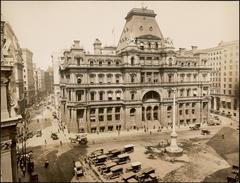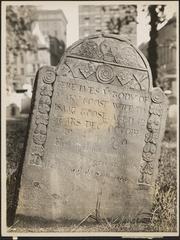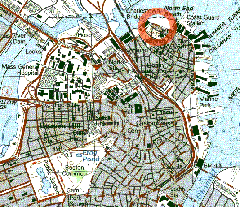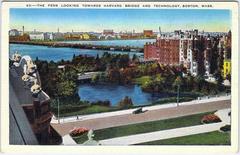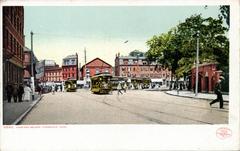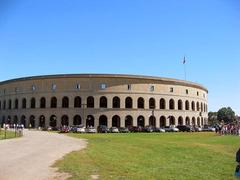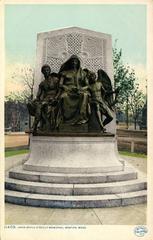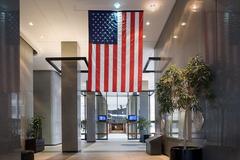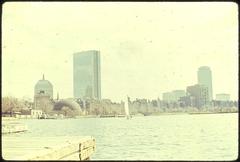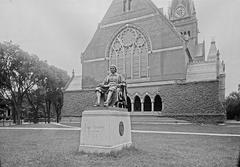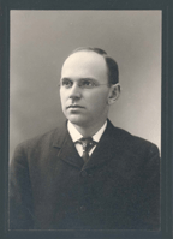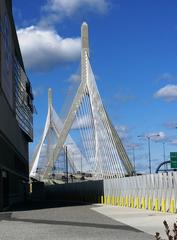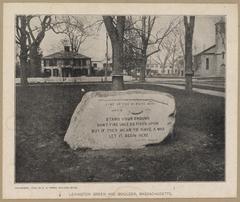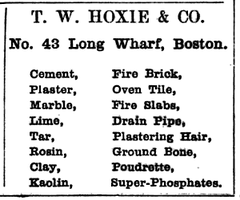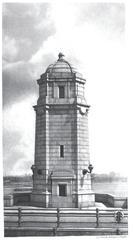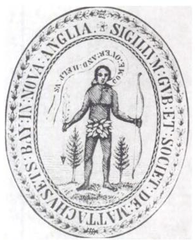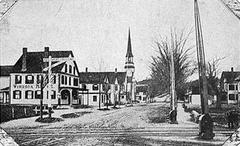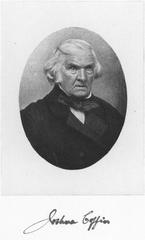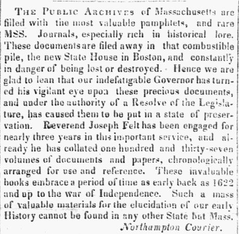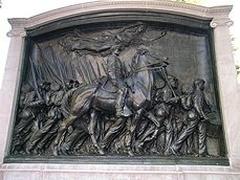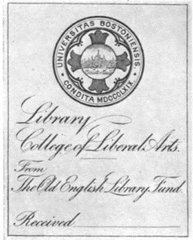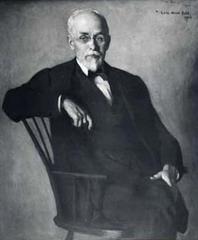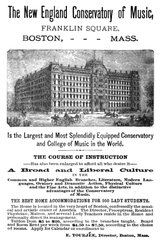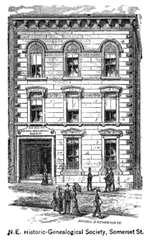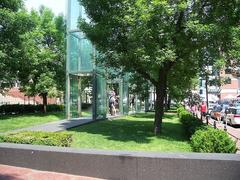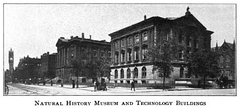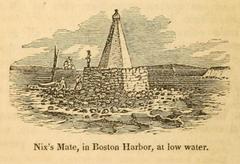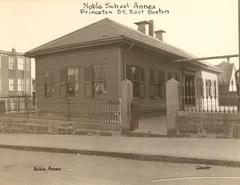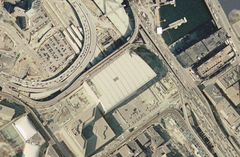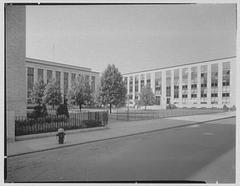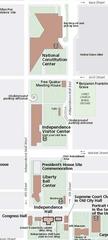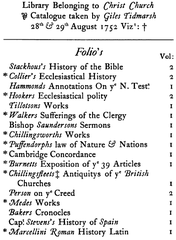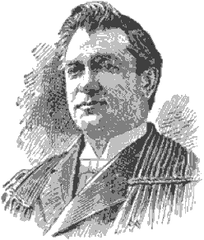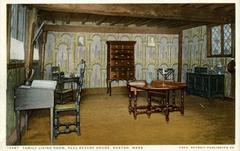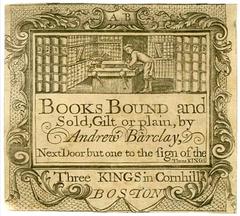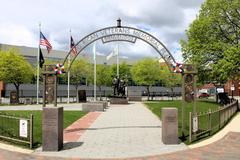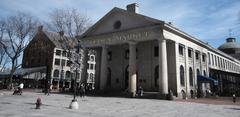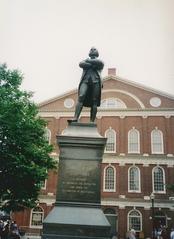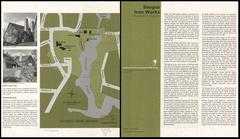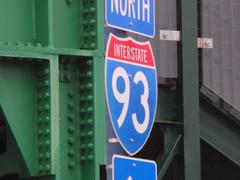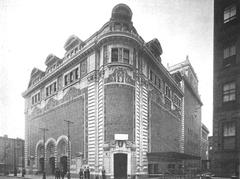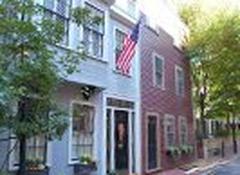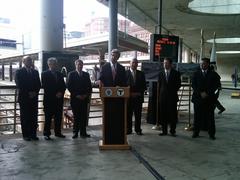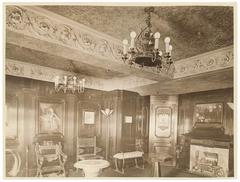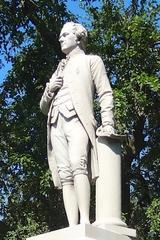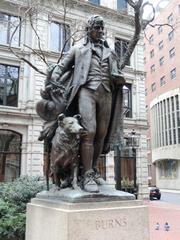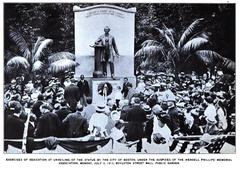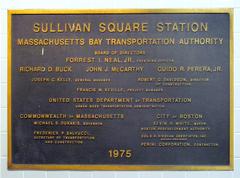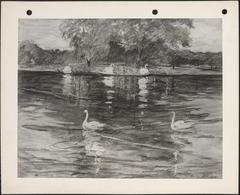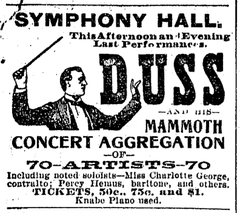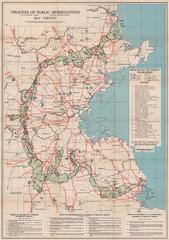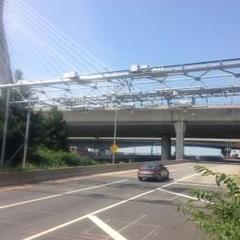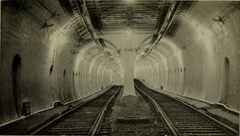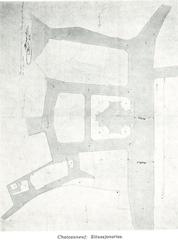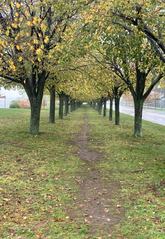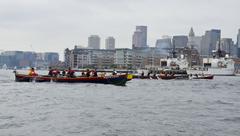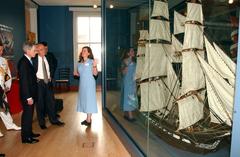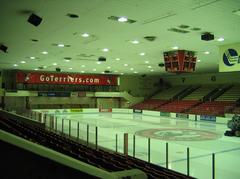Chinatown Heritage Boston: Visiting Hours, Tickets, and Historical Sites Guide
Date: 03/07/2025
Introduction: The Living Heritage of Boston’s Chinatown
Boston’s Chinatown is a vibrant, historic enclave and the only surviving historic Chinatown in New England. With roots dating back over 150 years, it represents a rich tapestry of Chinese American heritage and community resilience. Born from 19th-century immigration, the neighborhood has flourished into a dynamic cultural, culinary, and social hub (Chinese Consolidated Benevolent Association of New England, The Boston Day Book). Today, it stands as both a window into the past and a vital, evolving part of Boston’s contemporary urban life.
Chinatown’s story is one of resilience—overcoming urban renewal, displacement, and gentrification pressures. Community organizations like the Chinese Consolidated Benevolent Association (CCBA) and Chinatown Community Land Trust have played pivotal roles in safeguarding the neighborhood’s identity, affordable housing, and cultural legacy (Sampan, MAPC Arts and Planning).
The iconic Chinatown Gate, erected in 1982, is more than an architectural landmark; it symbolizes the enduring friendship between Boston and Shanghai and stands as a beacon for visitors and locals alike (TravelPander). Visitors can immerse themselves in authentic dining experiences, lively festivals, public art, and interactive workshops. This comprehensive guide details everything you need to know about visiting hours, tickets, accessibility, and must-see sites—ensuring a rewarding exploration of Boston’s Chinatown.
Table of Contents
- Historical Overview
- Visitor Information
- Immigrant History Trail
- Festivals and Community Events
- Culinary Heritage
- Artistic Expression and Activism
- Community Preservation
- Urban Space and Public Art
- Must-See Sites and Attractions
- Visitor Tips
- FAQs
- Plan Your Visit
- References
Historical Overview
Early Foundations and Immigration Waves
Boston’s Chinatown emerged in the late 19th century as Chinese immigrants, originally drawn to the West Coast by the Gold Rush and railroad construction, sought new opportunities and safety in the East. The earliest settlers established laundries, restaurants, and small businesses, creating a supportive community in a climate of widespread discrimination (Chinese Consolidated Benevolent Association of New England, Sampan).
Community Institutions and Social Fabric
Organizations like the CCBA have been instrumental in advocating for residents, mediating disputes, and preserving cultural traditions. Additional support came from family associations, churches, and mutual aid societies, which hosted festivals, language schools, and community events to reinforce social bonds.
Multicultural Layers and Changing Demographics
Chinatown’s history is intertwined with other immigrant communities. In the late 19th and early 20th centuries, the area included Irish, European, Middle Eastern, African American, and Jewish residents (Sampan). Over time, as these groups moved elsewhere, the Chinese community grew in prominence, shaping the neighborhood’s character.
Urban Renewal, Displacement, and Resilience
Mid-20th-century urban renewal projects and infrastructure expansion displaced many residents and businesses, shrinking Chinatown’s physical footprint (Sampan). Despite these challenges, organized activism—exemplified by the Parcel C campaign—helped protect the community’s interests and heritage.
Gentrification and Cultural Preservation
Recent decades have brought gentrification and rising costs, threatening long-standing residents and businesses (MAPC Arts and Planning). Community organizations are actively fighting for affordable housing and cultural preservation, launching projects like the Immigrant History Trail to ensure that Chinatown’s legacy endures (Sampan).
Visitor Information
Visiting Hours and Accessibility
- Neighborhood: Open year-round, 24/7.
- Shops & Restaurants: Typically open 10:00 AM – 9:00 PM; check individual businesses for details.
- Cultural Centers & Museums: Hours vary; most open Tuesday–Saturday, 10:00 AM – 4:00 PM. Confirm with each institution before visiting.
- Accessibility: Sidewalks and public spaces are largely wheelchair accessible. Some older buildings may have limited access.
Ticketing and Tours
- General Entry: Free; no ticket required for public spaces.
- Guided Tours: Available through local organizations and the Chinese Historical Society. Book in advance, especially during peak seasons.
- Workshops & Events: Some require advance registration and fees.
Photographic Spots
- Chinatown Gate: Iconic photo opportunity at Beach Street and Surface Road.
- Murals & Street Art: Along Tyler and Harrison Avenues.
- Historic Streets: Beach and Tyler Streets for traditional architecture and store fronts.
- Immigrant History Trail Plaques: Interactive and photogenic installations.
Nearby Attractions
- Boston Common and Public Garden
- Rose Kennedy Greenway – Chinatown Park
- Downtown Crossing shopping district
- The Freedom Trail
Immigrant History Trail
The Immigrant History Trail is a multimedia public art initiative, launched in June 2025, that honors the stories of working-class immigrants and community activism in Boston’s Chinatown. Featuring plaques with QR codes, lenticular prints, and oral histories, the trail provides an evolving narrative of resilience and cultural continuity (Sampan).
Festivals and Community Events
- Lunar New Year: Features the Lion Dance Parade, vibrant performances, and traditional foods. In 2025, the festival is on February 9th (CCBA Boston).
- August Moon Festival: Celebrates the full moon with music, dance, martial arts, and street markets (Boston Sightseeing).
- Chinatown Main Street Festival: Held in early July, with performances, crafts, and family-friendly activities (BostonCentral).
- Lantern Exhibits: Seasonal displays of handcrafted lanterns (TravelPander).
Culinary Heritage
Boston Chinatown is celebrated for its diverse, authentic Asian cuisine. Must-try establishments include:
- Hei La Moon: Classic dim sum.
- Gourmet Dumpling House: Famous for soup dumplings.
- Taiwan Café: Renowned Taiwanese specialties.
- Bao Bao Bakery & Café: Pastries and bubble tea.
Dining here offers a taste of heritage, with many family-run businesses passing down recipes across generations (Forward Pathway). Local markets and specialty shops, like Hong Kong Supermarket, add to the authentic experience.
Artistic Expression and Activism
Public art and activism are integral to Chinatown’s identity. Projects such as “R Visions for Chinatown” and “Home Town” have used murals and installations to amplify community voices and advocate for equitable development (MAPC Arts and Planning). Galleries and public art enhance Chinatown’s visual landscape and foster ongoing cultural dialogue.
Community Preservation
Institutions like the CCBA, Boston Chinatown Heritage Center, and Chinese Historical Society of New England curate exhibits, oral histories, and programs that document and safeguard Chinatown’s legacy (CCBA Boston, Boston Sightseeing). Their educational resources make history accessible to all visitors.
Urban Space and Public Art
- Chinatown Gate: 29-foot landmark symbolizing cultural pride (Boston Sightseeing).
- Chinatown Park: Serene greenway with Chinese landscaping, open daily from dawn to dusk (TravelPander).
Must-See Sites and Attractions
Chinatown Gate
The ornate archway at Beach Street and Surface Road welcomes all to Chinatown. Built in 1982 with traditional designs, it is accessible 24/7 and beautifully illuminated at night (TravelPander).
Chinese Historical Society of New England (CHSNE)
Founded in 1992, CHSNE offers rotating exhibits and educational programs, open Tuesday–Saturday, 10 AM–4 PM. Admission is free; donations welcome (TravelPander).
Chinatown Park
A peaceful oasis on the Rose Kennedy Greenway, featuring bamboo groves and stone sculptures. Open dawn to dusk, hosting cultural events and Tai Chi sessions (TravelPander).
Culinary Landmarks
Sample dim sum, dumplings, and pastries at renowned establishments. Reservations recommended during peak hours (New England Travel).
Markets & Specialty Shops
Explore Asian groceries, teas, herbs, and gifts at Hong Kong Supermarket and local shops, open daily 9 AM–8 PM (TravelPander).
Seasonal Events
Attend the Chinese New Year Festival, Main Street Festival, and lantern exhibits for immersive cultural experiences (BostonCentral).
Old Howard Theatre
A historic vaudeville site, currently closed, but central to Chinatown’s entertainment legacy (TravelPander).
Art Galleries and Public Art
Showcasing Asian and Asian American artists; most galleries open Wednesday–Sunday (TravelPander).
Interactive Workshops
Join calligraphy, dumpling-making, and craft workshops for hands-on cultural learning (The Boston Day Book).
Walking Tours
Guided tours by local experts or CHSNE cover history, architecture, and cuisine. Tours are typically 1.5–2 hours and cost $15–$25 (New England Travel).
Pagoda-Style Architecture
Discover traditional and modern architecture along Beach and Tyler Streets, home to legacy businesses (The Boston Day Book).
Visitor Tips
- Best Times: Evenings and weekends are lively; weekday mornings are quieter (The Tourist Checklist).
- Transportation: MBTA Orange Line (“Chinatown” stop); parking is limited.
- Etiquette: Ask before photographing people/temples; many businesses are cash-only.
- Accessibility: Most public spaces are wheelchair accessible, but some older venues may not be.
- Be Adventurous: Try new foods and explore side streets for hidden gems.
- Event Planning: Check local calendars for festival dates (BostonCentral).
FAQs
What are the visiting hours for Boston Chinatown?
Open year-round. Most shops/restaurants operate 10 AM–9 PM; cultural institutions may vary.
Are tours available?
Yes, guided walking tours are widely available; book in advance for the best selection.
What are the top festivals?
Lunar New Year (February 9, 2025) and August Moon Festival are highlights.
How do I get there?
Take the MBTA Orange or Green Line to Chinatown Station.
Is it accessible for people with disabilities?
Most public areas are accessible; some older buildings may have restrictions.
Plan Your Visit
Maximize your Chinatown experience by aligning your visit with festival dates and checking specific attractions for current hours. Don’t miss the Chinatown Gate and Rose Kennedy Greenway, and consider joining a guided walking tour or workshop for deeper insights.
For more tips, download the Audiala app for immersive audio guides and real-time updates. Follow us on social media for the latest on tours, events, and Boston cultural news.
References
- Chinese Consolidated Benevolent Association of New England
- The Boston Day Book
- TravelPander
- City of Boston Official Tourism
- Sampan
- Forward Pathway
- MAPC Arts and Planning
- Boston Sightseeing
- The Boston Day Book – Visitor Guide
- New England Travel
- BostonCentral
- The Tourist Checklist
Boston’s Chinatown is a living testament to immigrant resilience, cultural richness, and community spirit. Plan your visit, embrace the diverse experiences on offer, and discover one of Boston’s most treasured neighborhoods.
